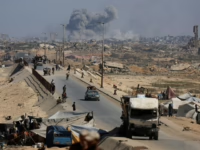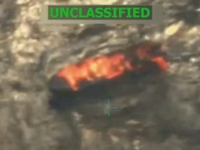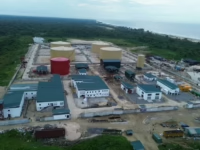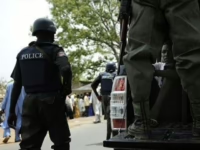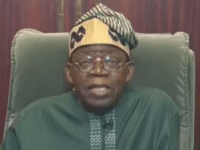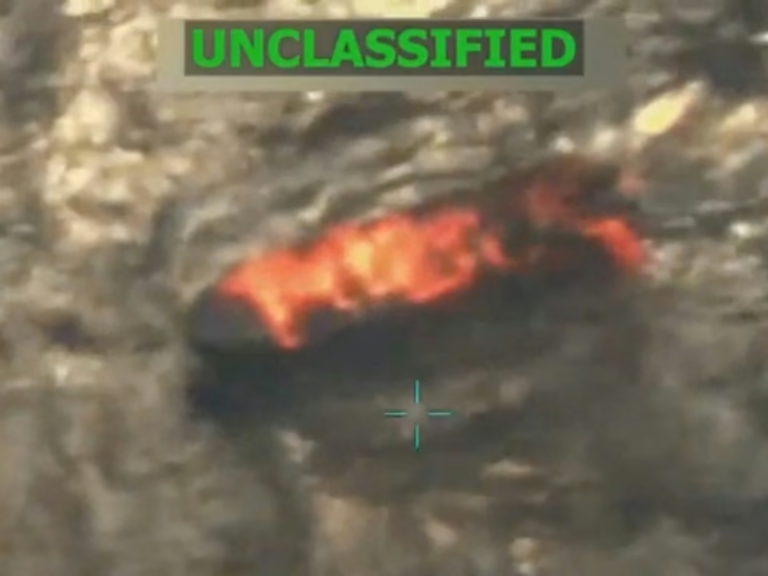US media reveal memo outlining Trump’s rationale for targeting alleged drug traffickers, a move experts argue likely breaches legal boundaries.
President Donald Trump has informed Congress that his administration classifies certain drug cartel members as “unlawful combatants,” engaging the United States in a “non-international armed conflict,” according to reports from US news outlets.
The memorandum, disclosed by The Associated Press and The New York Times on Thursday, follows a recent US military operation in the Caribbean where three suspected drug trafficking vessels were attacked, resulting in 17 fatalities. Human rights advocates and legal scholars specializing in war powers have criticized these strikes as potentially unlawful under both US and international statutes, equating them to extrajudicial executions.
Recommended Stories
list of 3 itemsend of list
This memo offers the most explicit insight yet into the administration’s legal reasoning behind these military actions and hints at the broader implications of this approach.
“Despite considerable efforts by allied nations, which have incurred heavy casualties, these organizations have evolved into transnational entities conducting persistent assaults across the Western Hemisphere as coordinated cartels,” the memo states, as cited by the AP.
“Consequently, the President has classified these cartels as non-state armed groups, designated them as terrorist organizations, and concluded that their activities amount to an armed attack against the United States,” it continues.
This perspective builds upon the Trump administration’s strategy of redefining drug cartels as “narco-terrorists” intent on undermining US stability by trafficking illicit substances, rather than merely viewing them as profit-driven criminal syndicates.
While the memo does not name specific organizations, the administration has previously designated several Latin American cartels as “foreign terrorist organizations,” with particular emphasis on Venezuela’s Tren de Aragua.
According to the US Constitution, the authority to declare war or approve military force rests solely with Congress; however, presidents retain the ability to act independently in certain scenarios, especially those involving immediate national defense.
Currently, no Congressional authorization for the use of military force (AUMF) exists that would cover the recent Caribbean strikes.
This absence has intensified calls within Congress to reassert legislative oversight over war powers and limit unilateral executive actions. Nonetheless, some Republican lawmakers, who control both chambers, have expressed support for the military operations.
Conversely, other legislators have cautioned against permitting unchecked presidential military initiatives.
Following the memo’s release, Senator Jack Reed, the leading Democrat on the Senate Armed Services Committee, posted on X: “All Americans should be concerned that President Trump believes he can conduct covert wars against anyone he deems an adversary.”
“While combating drug cartels is essential, declaring war and authorizing lethal force without Congressional approval, public transparency, or legal basis is unacceptable,” he added.
Brian Finucane, a senior advisor at the International Crisis Group and former US State Department attorney, commented on Bluesky, highlighting numerous flaws in the Trump administration’s legal rationale for the Caribbean strikes.
He specifically criticized the assertion that Trump had “determined” drug trafficking constituted an “armed attack” on the US, a key justification for framing the strikes as constitutional military actions.
“That claim is, legally speaking, nonsense,” Finucane remarked.






